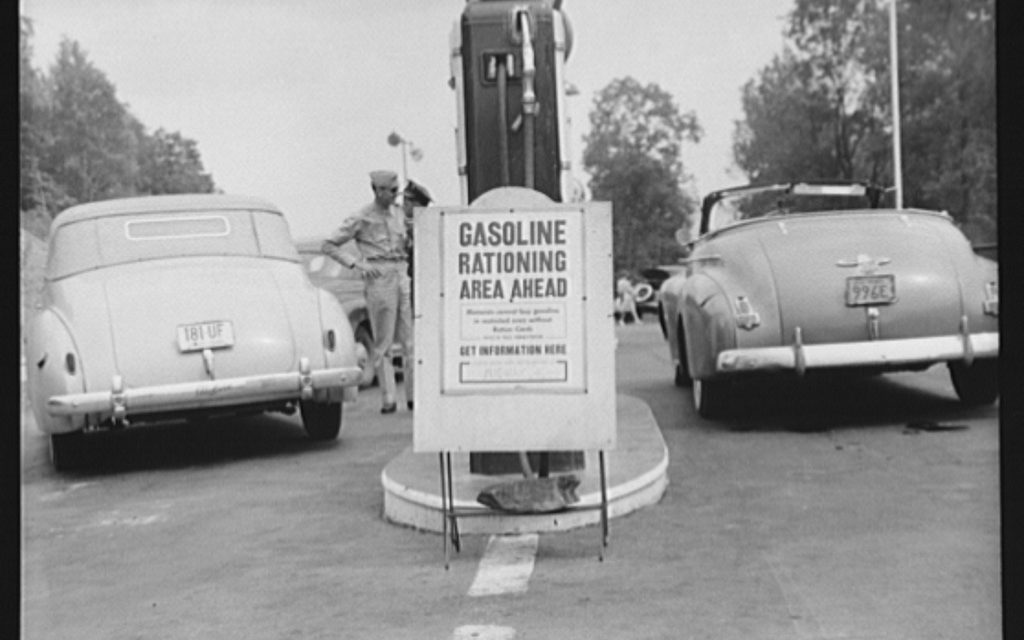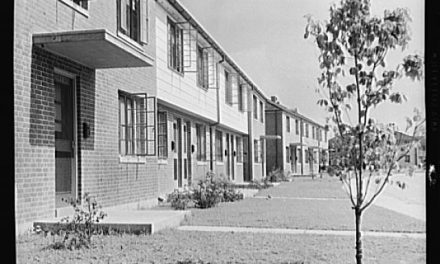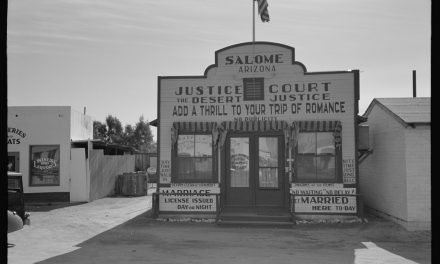Earlier this month, registration for gas rationing began in 17 eastern states and the District of Columbia, leading to a nation-wide discussion of potential benefits and drawbacks of rationing.
The system is set up so that anyone with an automobile will receive an A-card, allotting them two to three gallons per week, depending on their average mileage. For those whose businesses relies on gas, they will be given a B-card, which require applicants to truthfully describe their needs and report how much gas they require to continue their business successfully.
The X-card is reserved for those who are considered essential to society. This includes physicians, nurses, taxi drivers, bus drivers, and government officials. Those who “chisel” the system to receive undeserved gas cards may face jail time if the ill-gotten cards are not returned.
President Roosevelt announced later this gasoline rationing will likely expand from the East Coast to the entire nation in the next six weeks. He opposed the continuation of gasoline rationing on a sectional basis. The War Production Board is said to be drawing up plans for a national campaign, with possible exemptions for communities that are in or near oil fields.
The rationing program’s objective is to conserve rubber (a quarter of a million pounds of which are used daily) and to alleviate the East Coast’s critical gas shortage.
This idea was met with opposition from Congress and the House Speaker, Sam Rayburn. The Texas Democrat said he could see no reason for such a ruling and stated it was not in the interest of the public or of the private citizen.
“We have got to distribute oil in order to keep the wells running and insure sufficient production and want to arrange some way to circumvent the problem of getting fuel to people where oil is used for heating purposes, in particular the East Coast,” Rayburn said. “Rationing in other areas in nonsense.”
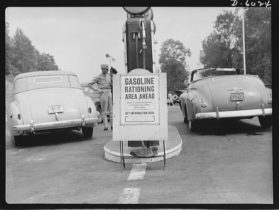
A gas station on the Pennsylvania Turnpike alerts drivers of their last chance to fill up without a ration card. Photograph by Ann Rosener. From Library of Congress.
Congress criticized the concept of nation-wide gas rationing as well, with several Democratic senators voicing their disagreement.
“The economy of this country is geared toward the road,” Senator Mahoney said, against the extension of the gasoline ration.
Senator Brown of Michigan claimed to have received telegraphs numbered in the thousands from oil dealers saying their companies were forced out of business. “The efforts of the War Production Board, the price administrator, and the petroleum coordinator should be to keep these people in business and not destroy the business of other oil dealers in the West by introducing an artificial shortage were none exists,” Brown said.
The effects of the gas shortage have not yet produced an impact to analyze but realtors from New York await data in their field of business eagerly. No precedent exists for such a shortage, leaving realty experts to speculate. Some state that this will be positive for urban New York dwellers predicting that Manhattan rent will decrease. Others say this will cause a negative effect for those in the suburbs who use gasoline to commute every day.
The effect of gas rationing on market trends cannot be predicted because of the lack of experience in this area.
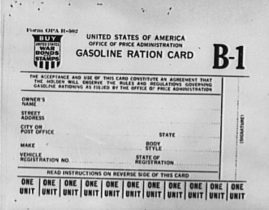
Sources
By the A. P. (1942, May 24). “Nation-wide gas-rationing plan criticized.” The Washington Post, retrieved from http://search.proquest.com.ezproxy.shu.edu/docview/151505165?accountid=13793
Cooper, L. “Effects of ‘gas’ shortage on realty still an enigma.” (1942, May 17). New York Times, retrieved from http://search.proquest.com.ezproxy.shu.edu/docview/106455825?accountid=13793
“Nation-wide gas rationing likely.” (1942, May 20). The Washington Post, retrieved from http://search.proquest.com.ezproxy.shu.edu/docview/151562850?accountid=13793
“Protests mount as listing begins in ‘Gas Rationing.’” (1942, May 13). New York Times, retrieved from http://search.proquest.com.ezproxy.shu.edu/docview/106466057?accountid=13793
“125,000 gas users begin registering here today.” (1942, May 12). The Washington Post, retrieved from http://search.proquest.com.ezproxy.shu.edu/docview/151570457?accountid=13793

